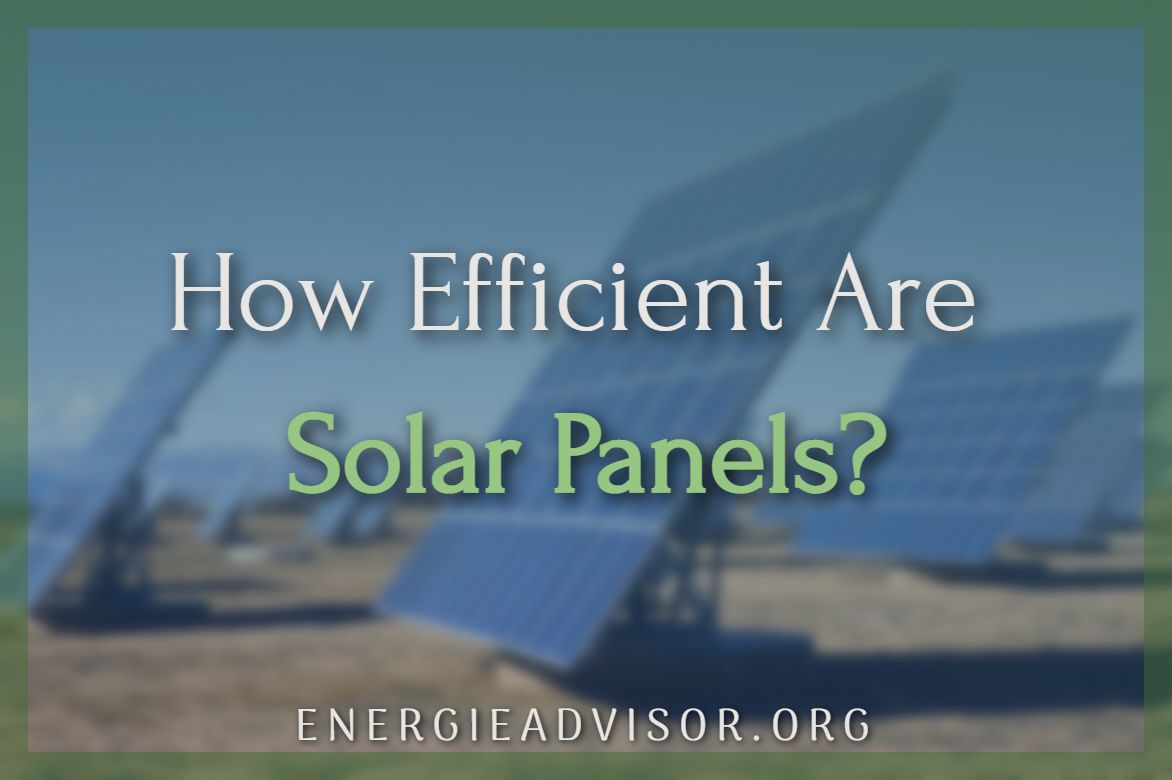When reading up on solar panels, you’ll probably bump into the term “efficiency.” Although it sounds like a good thing, most people don’t exactly know what this term is. How efficient are solar panels? How do you even measure this?
In this article, we’ll analyze the factors that influence the performance of solar panels in detail – solar panel efficiency. Moreover, we’ll also go over the environmental factors that detract from it. With silicon-based panels being the most common type today, we’ll specifically cover the efficiency of this material.
What Exactly Is the Efficiency of Solar Panels?
In simple terms, this is a measurement that determines the amount of sun’s energy a particular panel is capable of converting into electricity. A solar panel converts the sun’s energy into electricity by capturing the current that’s generated when sunshine interacts with the panel’s thin film or silicon cells.
Typically, the cells are arranged into glass rectangles and are packed tightly. This is so that they can attract sunlight. Once the energy is converted, it is sent to the user’s circuit box. From there, it is distributed to the rest of the house.
How is this measured? If a particular panel has 15% efficiency, it can convert 15% of the sunshine that’s interacting with it into electricity. The models with the highest efficiency are capable of reaching 23% efficiency. However, the average efficiency stands in the range of 15%-18%.
Which Factors Affect Solar Panel Efficiency?
The performance of these products is affected by a whole host of variables. Here are the most vital ones:
1. Type
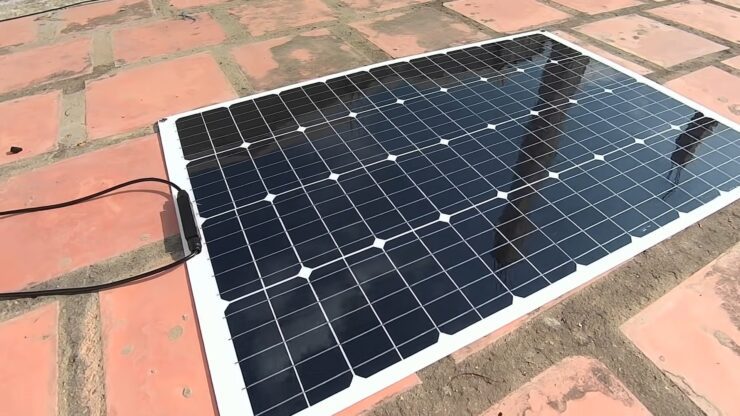
As they’re based on the silicon of highest purity, monocrystalline panels sport the highest efficiency. The polycrystalline models don’t perform so well, but they still do the job. Finally, the thin-film models are somewhat inefficient, but they come at a low price. They do, however, take a lot of space, which makes them inadequate for most households.
2. Maintenance
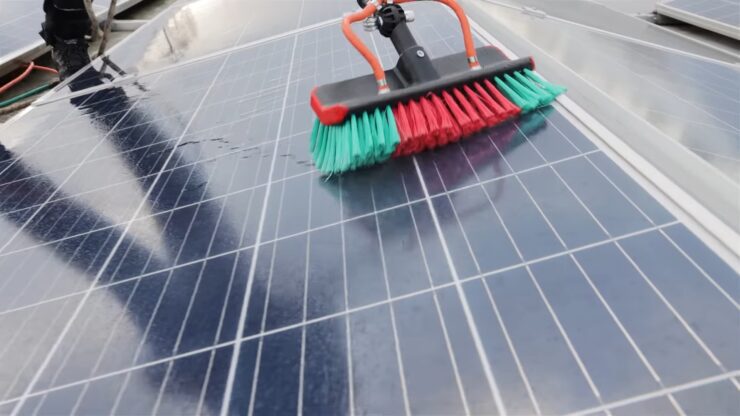
In most cases, a solar system won’t require much maintenance. This is especially true in case it’s grid-tied. Nevertheless, one should clean his system regularly. This is because dirt, dust, and other debris can easily affect the panel’s performance.
Using soapy water is usually more than enough. The rainfall can also do the job. Those who are afraid of heights can use the cleaning services. Unfortunately, there’s no single answer to the question of how often should one clean his panels. To get the idea of how frequently you should wipe off the dust and dirt, you can simply monitor the power output.
3. Temperature
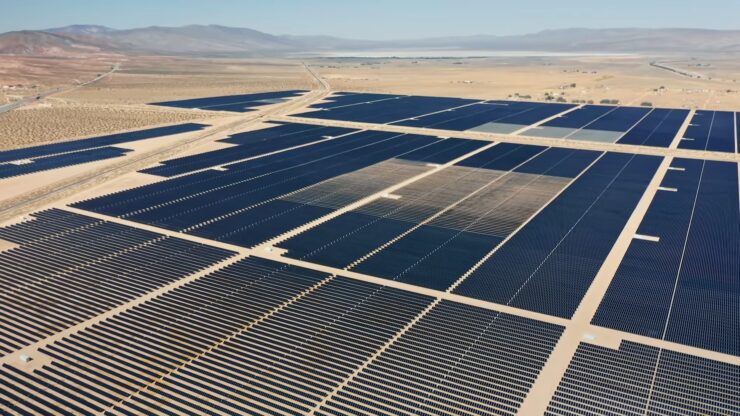
Unless you live in an excessively hot area (such as Phoenix or San Antonio), the temperature is not something you should worry about. Typically, the efficiency of a particular solar panel will decrease as the temperature increases.
To combat this, most professional installers position the panels in a way for them to receive an adequate amount of airflow. This keeps the efficiency rates up by providing natural cooling.
4. Orientation
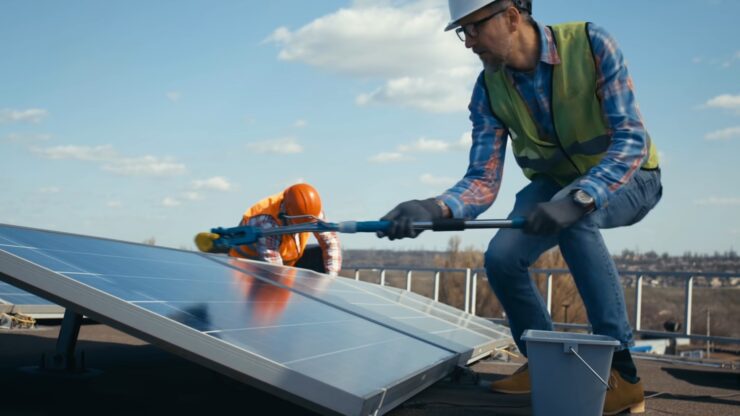
Another important factor is the orientation. To achieve the best performance, one needs to position his system in a way that maximizes the sunlight input. In the case of the U.S., this means that the panels need to be faced southward. To make solar panel orientation easier, one can use trackers.
These devices make the panel follow the sun’s trajectory. However, solar trackers are too expensive for most homeowners, and they don’t pass a cost-benefit analysis. The more straightforward solution would be to use racks to alter the pitch of the roof. In most cases, this is more than enough to allow your system to spend more time in sunlight.
5. Shade
This one is a no-brainer. Depending on one’s setup, shade can even bring down the whole system. To prevent this from happening, one needs to consult professional solar panel installers. These experts conduct a thorough analysis of shading in one’s specific situation.
6. Lifetime
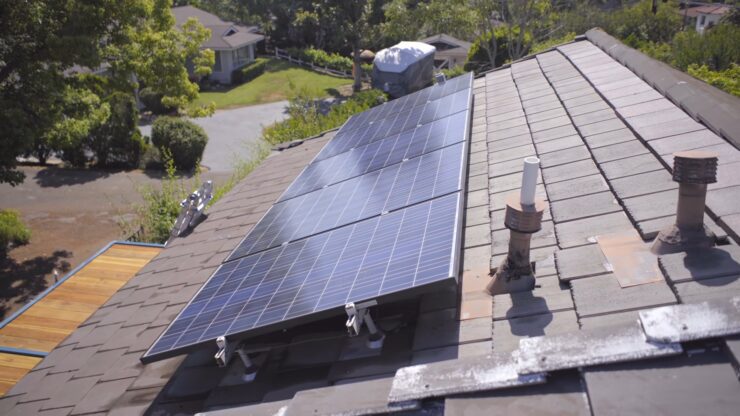
Like most other products, the performance of solar panels goes down with time. In most cases, this means a decrease in the power output of 0.5% with each passing year. Most companies back their models with warranties that guarantee that the performance won’t go below 25% after 25 years of use. Read here to learn how long solar panels last.
Is It True That Bad Weather Can Decrease Solar Panel Efficiency?
One of the most common misconceptions surrounding the solar panel efficiency is that bad weather can lead to reduced performance. However, the opposite is often true. Although designed to withstand average temperatures, these devices actually perform better when they’re cooler.
They need light, not heat – some of the most productive days are usually bright winter days. Another thing people are often confused about is snow. There’s nothing to worry about – a thin layer of snow doesn’t affect the performance as much as you think it does.

